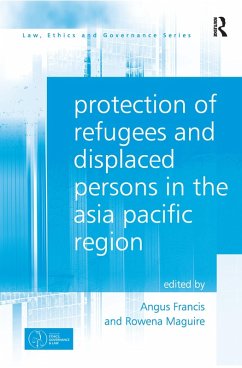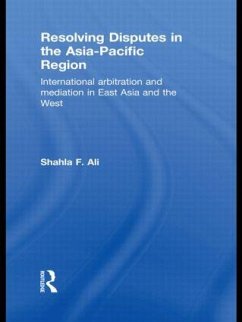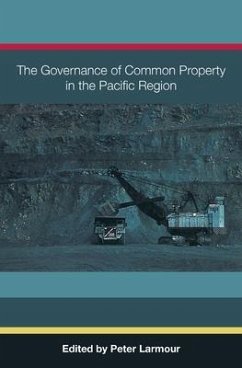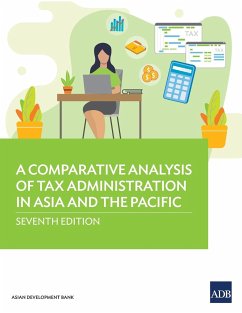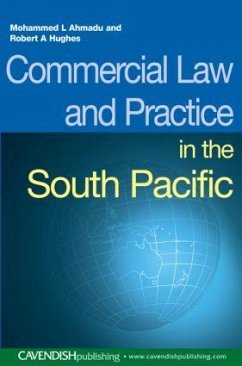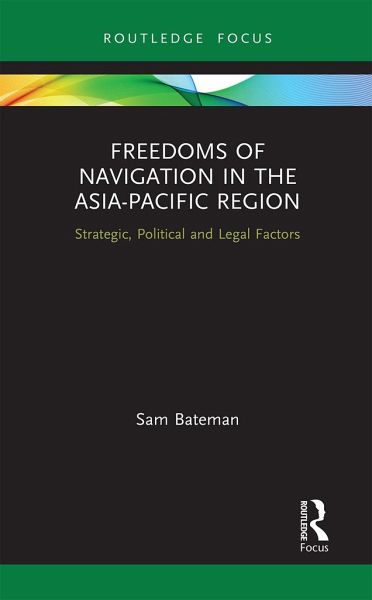
Freedoms of Navigation in the Asia-Pacific Region
Strategic, Political and Legal Factors
Versandkostenfrei!
Versandfertig in 1-2 Wochen
28,99 €
inkl. MwSt.
Weitere Ausgaben:

PAYBACK Punkte
14 °P sammeln!
The need for freedoms of navigation in regional waters is frequently mentioned in statements from regional forums, but a common understanding of what constitutes a particular freedom of navigation or the relevant law is lacking. This book discusses how law, politics and strategy intersect to provide different perspectives of freedoms on navigation in the Asia-Pacific region. These freedoms are very important in this distinctively maritime region, but problems arise over interpreting the navigational regimes under the law of the sea, especially with regard to the rights of foreign warships to t...
The need for freedoms of navigation in regional waters is frequently mentioned in statements from regional forums, but a common understanding of what constitutes a particular freedom of navigation or the relevant law is lacking. This book discusses how law, politics and strategy intersect to provide different perspectives of freedoms on navigation in the Asia-Pacific region. These freedoms are very important in this distinctively maritime region, but problems arise over interpreting the navigational regimes under the law of the sea, especially with regard to the rights of foreign warships to transit another country's territorial sea without prior notification or authorisation of the coastal state, and with determining the availability of high seas freedoms of navigation and overflight in an exclusive economic zone. The book explores these issues, referring in particular to the position of the main protagonists on these issues in Asian waters - the United States and China - with their strongly opposing views. The book concludes with a discussion of the prospects for either resolving these different perspectives or for developing confidence-building measures that would reduce the risks of maritime incidents. Providing a comprehensive yet concise overview of the various different factors affecting freedom of navigation, this book will be a valuable resource for those working or studying in the fields of international relations, maritime security and the law of the sea.





